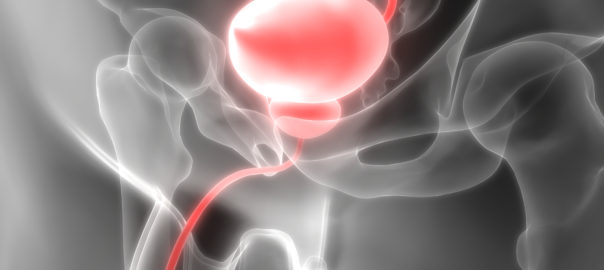In this week’s article, we provide a roundup of some of the most recent health and nutrition related articles in the news, five items comprising:
- Lutein, found in leafy greens, may counter cognitive aging
- Magnesium pills may improve blood pressure in at-risk populations
- Molecular mechanisms: Could omega-3 metabolite offer hope in the battle against age-related diseases?
- Parents take note: even minor sleep problems can lead to cognitive difficulties in children
- Low vitamin D associated with faster decline in cognitive function
Last updated on 16th October 2017 by cytoffice





